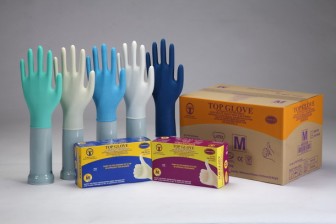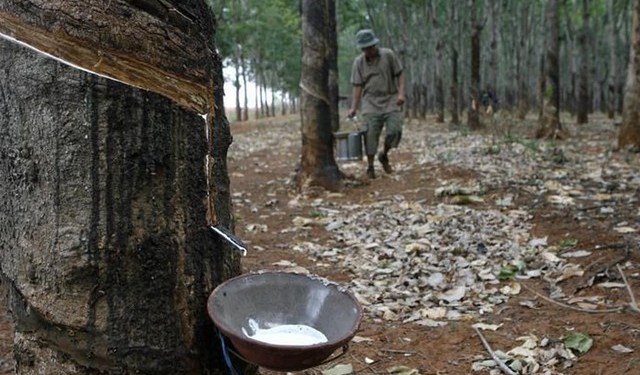 KUALA LUMPUR (Oct 17) – Top Glove Corp Bhd’s planned rubber plantations in Indonesia are expected to generate positive operating cash flow starting from the 10th year of the group’s operations there, according to executive director Lim Cheong Guan.
KUALA LUMPUR (Oct 17) – Top Glove Corp Bhd’s planned rubber plantations in Indonesia are expected to generate positive operating cash flow starting from the 10th year of the group’s operations there, according to executive director Lim Cheong Guan.
Lim said this follows an estimated cash outflow of RM230 million during the first nine years of the proposed 13-year upstream venture in the neighbouring country.
“In the 10th year, we expect the positive operating cash flow to finance our capital expenditure (capex) in Indonesia.
“We, however, expect our Indonesian operations to be profitable in year one,” Lim told theedgemalaysia.com at Top Glove’s analyst and media briefing on Tuesday.
He declined to elaborate.
Upstream ventures by Top Glove are worth noting as the glove manufacturer has said it is looking for more rubber plantation land across major producing countries. These include Malaysia, Thailand, Indonesia, and Cambodia.
In Indonesia, Top Glove recently acquired a controlling 95% stake in PT Agro Pratama Sejahtera from five individual sellers for RM22 million cash. PT Agro owns 30,773 ha of rubber plantation tracts in the province of Kepulauan Bangka Belitung near the southern enclave of Sumatera.
According to Top Glove, the company is setting aside some RM450 million to establish its greenfield rubber plantations in Indonesia, a move deemed pivotal to spearhead its glove manufacturing foray in the archipelago.
The RM450 million which includes the RM22 million earmarked for the acquisition of PT Agro will be spread over 13 years. The capex will also finance planting and maintenance operations, besides the establishment of related facilities, it said.
According to Top Glove’s presentation slides, the 60-year plantation land concession can be renewed for another 60 years. The group indicated that it will progressively plant rubber trees over eight years on the tracts, the full-development of which, will take 13 years. The rubber trees have a six-year gestation period, according to the group.
Top Glove sees its upstream ventures as a long-term plan to ensure a consistent supply of natural rubber for its factories as well reduce earnings volatility in the coming years against fluctuating currency and commodity markets.
It is no secret that Top Glove’s upstream ventures have received some negative feedback.
Some analysts have said the money earmarked for the purpose could be better utilised for the expansion of its glove production capacity instead.
They said Top Glove’s move is misguided, simply because its upstream operations are intended to hedge natural rubber prices. As such, they said the company could have resorted to a less capital intensive method via financial exchanges in Singapore and Japan.
Top Glove, however, emphasise on the merits of going upstream as the move indicates the company’s commitment and competitiveness in the rubber products industry.
Besides reducing earnings volatility, owning rubber plantations offers the assurance that the rubber glove producer will have consistent raw material supply to minimise disruption in its glove operations, the company said.



























